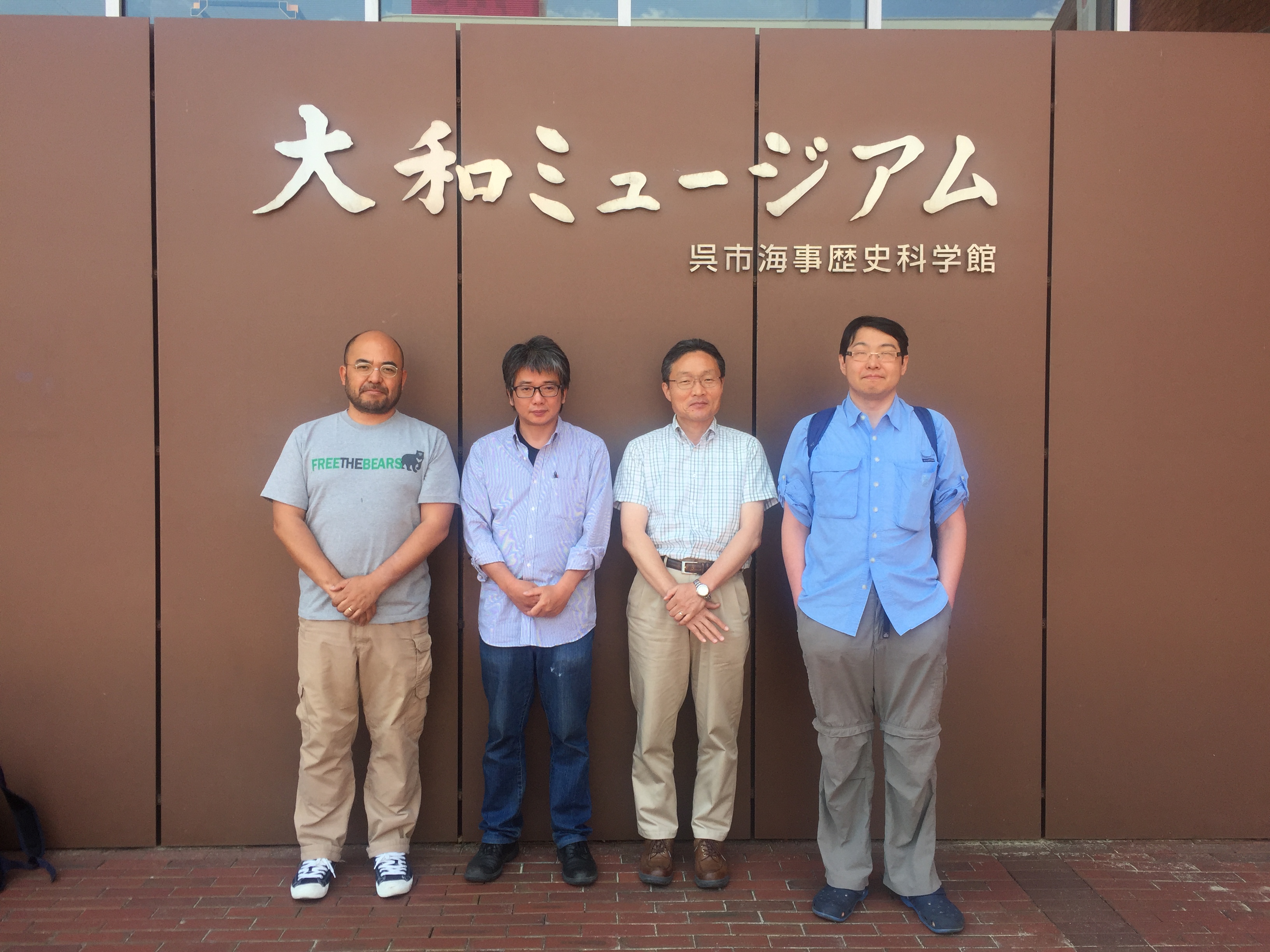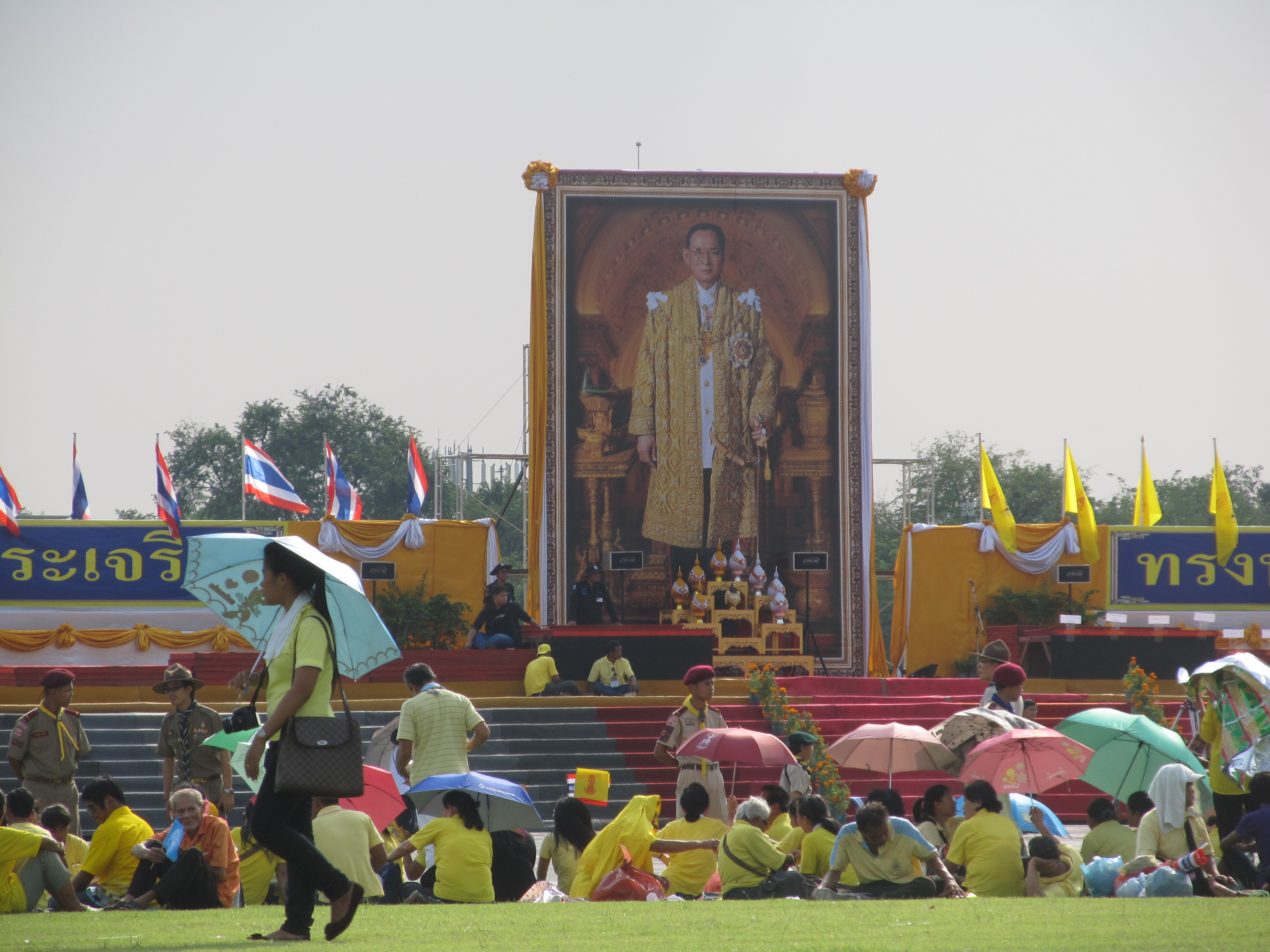- Project Leader : Sakurada Chie (Kyoto University, Graduate School of Asian and African Area Studies)
- Collaborators : Hinata Shinsuke (Shizuoka University, Office for the Promotion of Global Education Programs)
- : Tamada Yoshifumi (Kyoto University, Graduate School of Asian and African Area Studies)
- : Kobayashi Satoru (Kyoto University, Center for Southeast Asian Studies)
- : Fujikura Tatsurou (Kyoto University, Graduate School of Asian and African Area Studies)
- : Sakagawa Naoya (Freelance Researcher)
Outline of Research
This study compares the monarchical systems of mainly Thailand, Cambodia, and Nepal. The monarchy was abolished in Nepal, while one still exists with some authority in Cambodia. In Thailand, the system has had a great authority; however, its future moves are attracting global attention after the death of the former king. Comparison and analysis of these countries are presented in this paper in order to disclose what factors lead to the abolishment or maintenance of monarchial systems.
This study aims to clarify the meaning of the monarchy’s existence by analyzing not only internal affairs, but also the influence of international situations, which are changing under globalization.
Description
This study focuses on monarchical systems in Asia and tries to clarify the factors by which they persist through a comparison of Nepal, where the system is already abolished, and Thailand and Cambodia, where monarchies continue to exert authority. There are only a few monarchies now left in Asia. While the existing monarchies that survived the colonial period remain secure, the development of democracy has also negated their significance.
Why can some monarchies survive under these circumstances, and others cannot? What factors cause the difference between them?
The countries surveyed-Thailand, Cambodia, and Nepal-are partly democratized monarchies that hold national elections. Although they have such a common factor, the political roles and importance of the monarchies differ in each country. This is because each country developed its own monarchy and original parliamentary democracy.
This study will contribute to the deeper understanding of each country by focusing on its characteristics. Moreover, the relationship between democracy and monarchy is increasingly attracting attention from those studying European monarchies.
The study will provide basic research that can be used for comparison with other countries and regions outside Asia in order to clarify the meaning of and reasons for the existence of monarchical systems today and in the future.
 Participants of the first seminar in Kure, Hiroshima |
 Portraits of the King Bhumibol, former king of Thailand |
